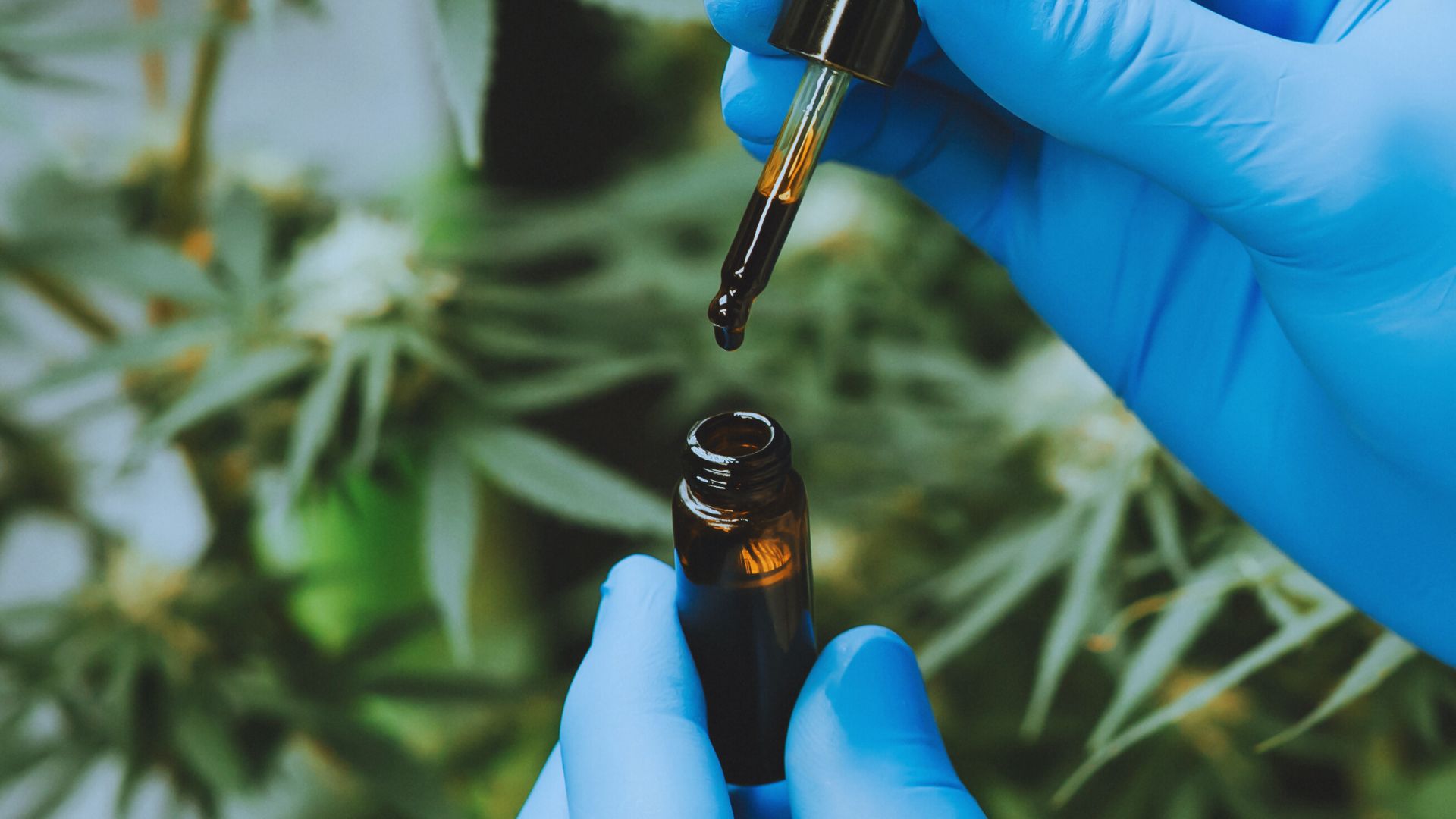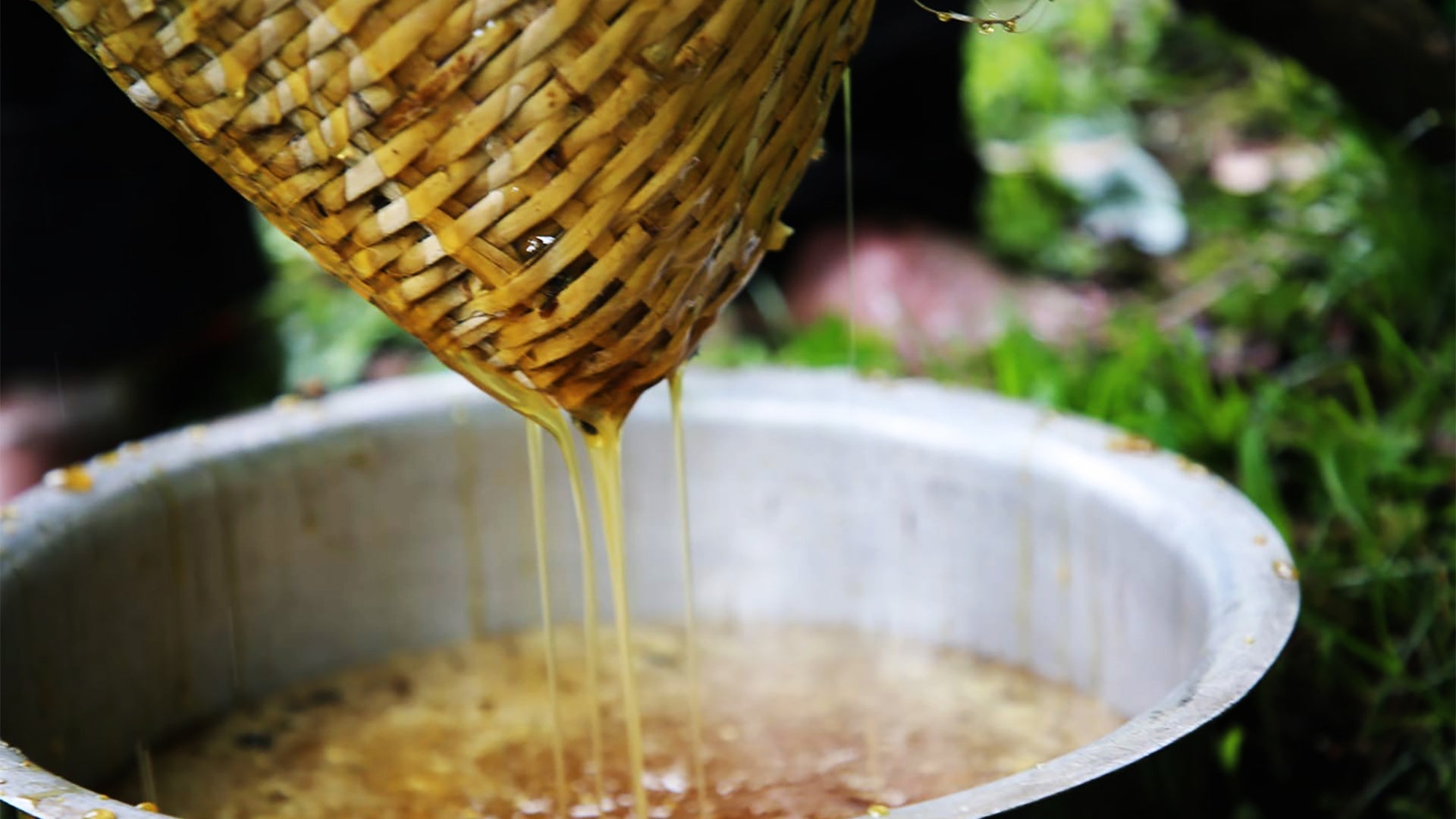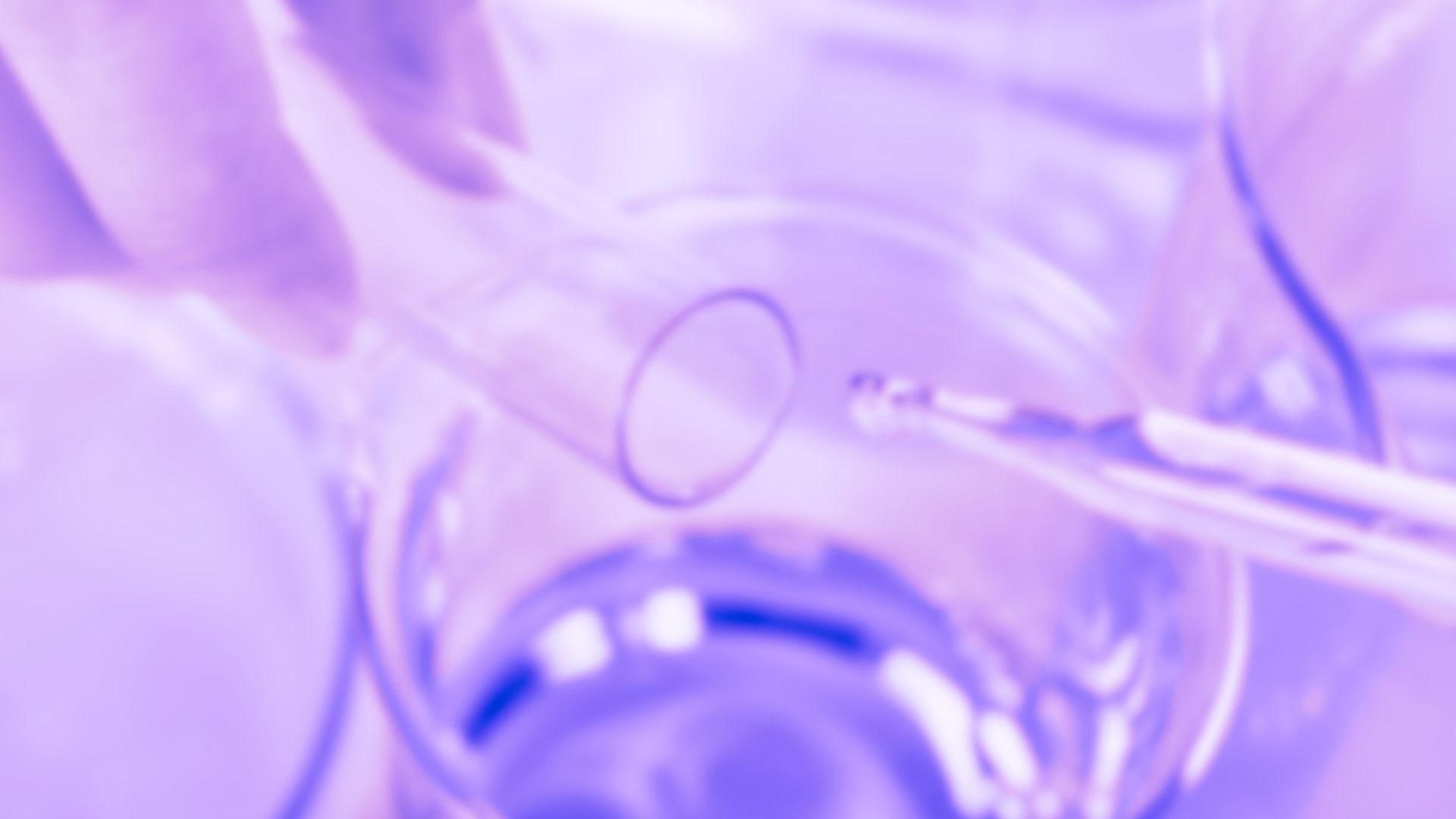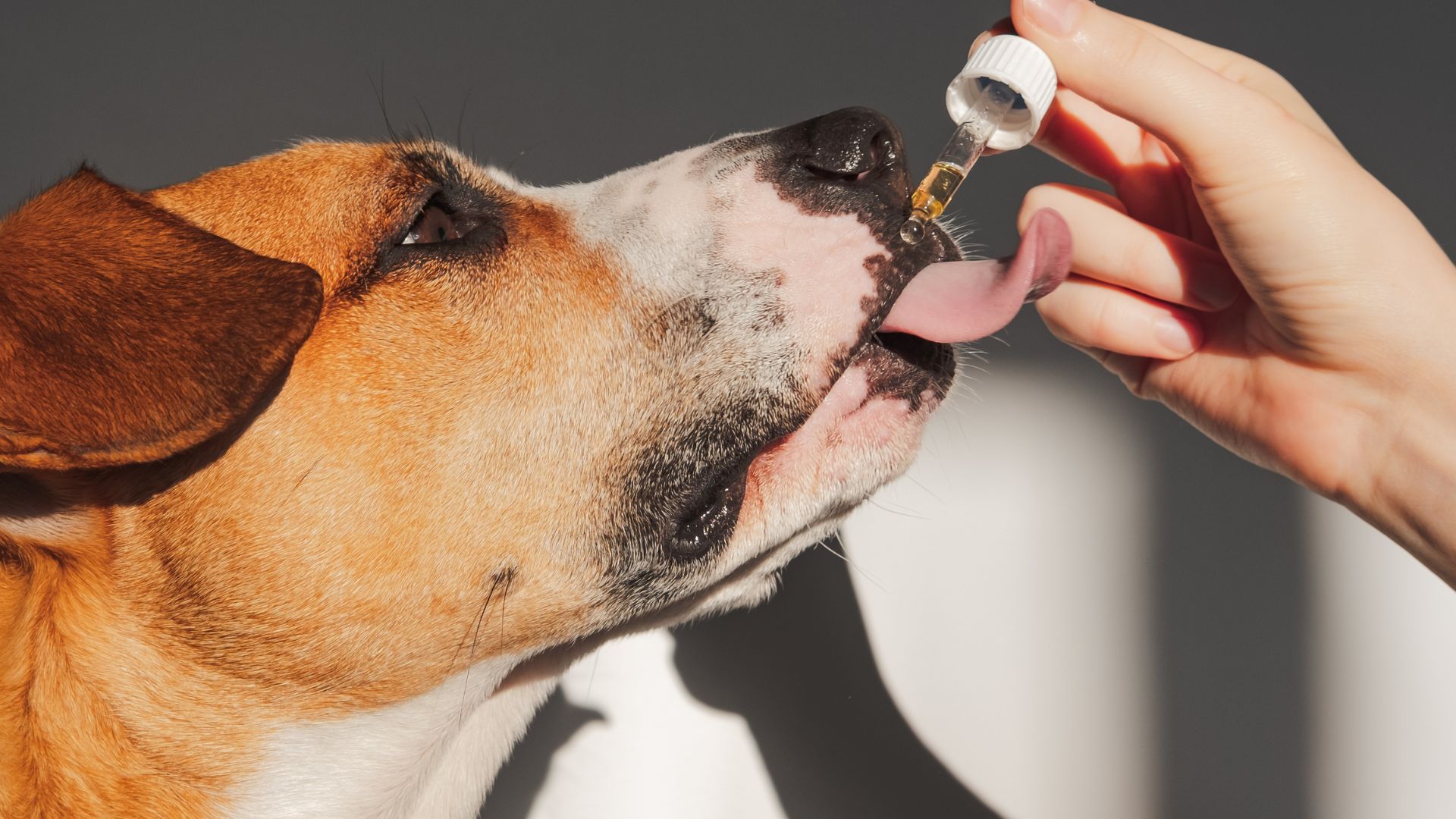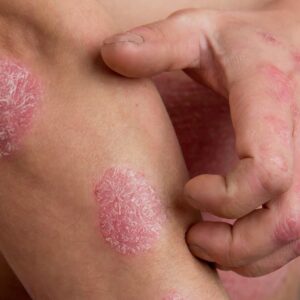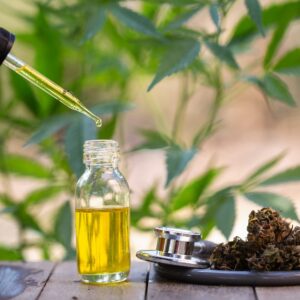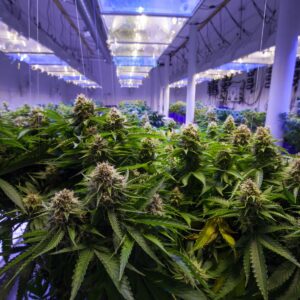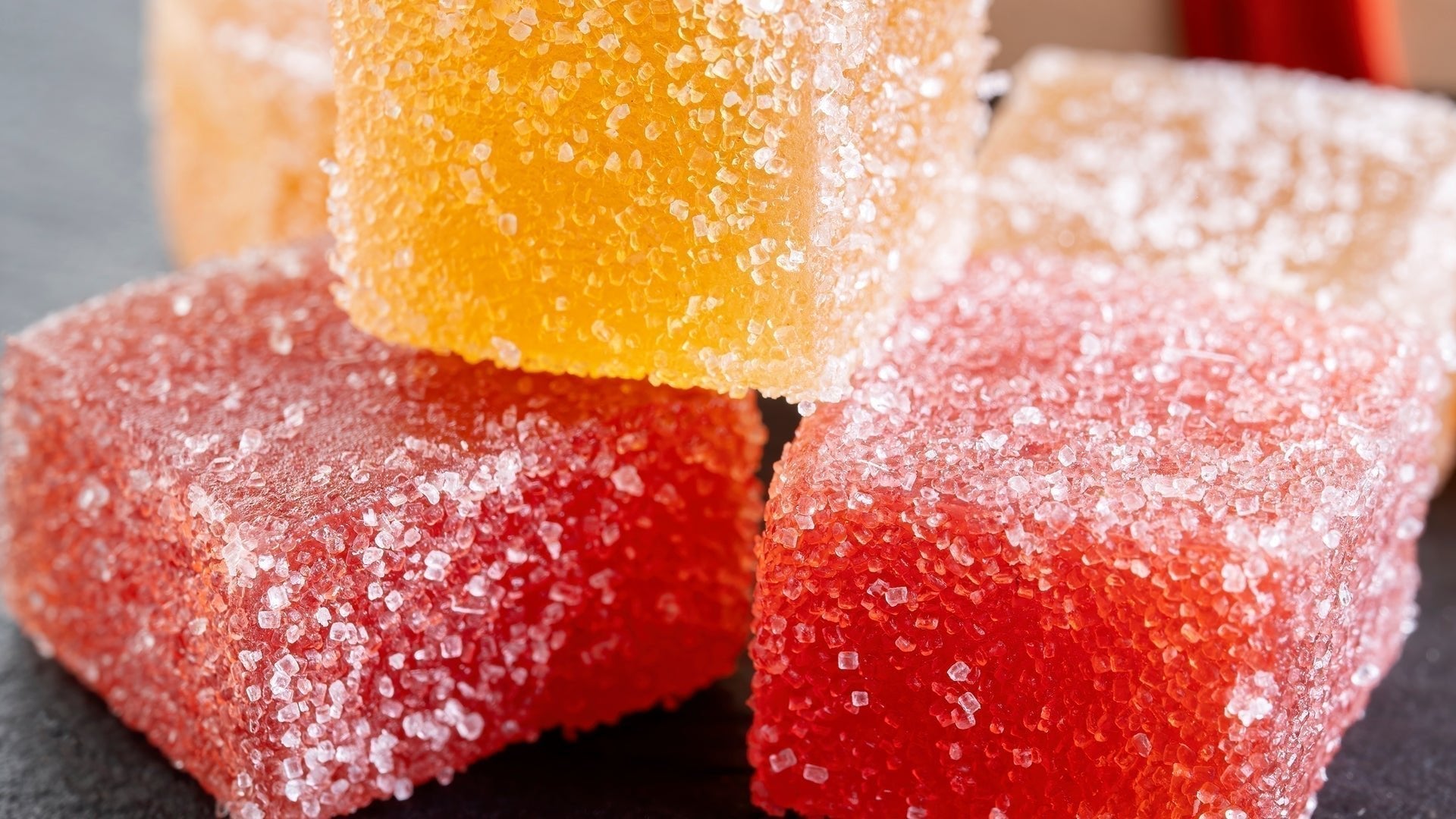
People commonly ask, “Which is better, Delta 8, Delta 9, or Delta 10,” among hemp-based cannabis products.
We’re proud to now off urb Delta 9 THC gummies and Hometown Hero Live Rosin Gummies to our Naturally Mignon customers.
There is a lot of confusion about the differences between Delta 8, Delta 9 and Delta 10 THC edibles. This article will hopefully clear that up.
The journey of cannabis and its derivatives is one that never ceases to amaze. As technology and science advance, so does our understanding of these unique compounds.
Hemp Delta 9 THC
Delta 8 vs Delta 9 vs Delta 10 Comparison
Here’s a quick look at how Delta 8, Delta 9, and Delta 10 differ:
Delta 8 vs Delta 9 vs Delta 10 Comparison
Here’s a quick look at how Delta 8, Delta 9, and Delta 10 differ:
| Compound |
Strength |
Effects |
Legal Status |
Best For |
| Delta 8 |
Mild |
Relaxing, calming |
Legal in most states |
Beginners, stress relief |
| Delta 9 |
Strong |
Intense euphoria, intoxicating |
Federally legal if hemp-derived |
Experienced users, strong effects |
| Delta 10 |
Moderate |
Uplifting, creative, energetic |
Legal in many states |
Daytime use, creative boosts |
Delta 9 THC stands as the most well known compound found in the cannabis plant, predominantly responsible for the intoxicating and euphoric sensation users experience.
Particularly, Delta 9 THC is known for its intoxicating properties, as it is responsible for the feeling of being high.
When people discuss the effects of THC, they are usually referring to Delta-9. Other forms of THC, such as Delta 8 and Delta 10, share similar chemical structures with Delta 9, but their effects are typically different.
It contrasts with its cousin, Delta 8 THC, in terms of psychoactive intensity and effects.
Cannabis and hemp plants contain dozens of cannabinoids, which are chemicals that affect the body in various ways. Two well-known cannabinoids are cannabidiol (CBD) and tetrahydrocannabinol (THC).
A few different forms of THC exist in cannabis plants, with Delta 9 being the most abundant. After consuming cannabis, you might experience the following positive short-term effects:
- Altered perception of time and events
- Giddiness
- Increased focus
- Relaxation
However, THC, including Delta 9, can also have some side effects, including:
- Anxiety
- Difficulty thinking and speaking
- Dry mouth
- Increased appetite
- Memory loss
- Rapid heart rate
- Red eyes
- Slowed reaction times
Similar to CBD, people have associated Delta-9 THC with a range of potential medical benefits.
What is Delta 8?
Delta 8 THC is similar to hemp Delta 9 THC, which is a compound in the cannabis plant that produces a high. Although it’s similar to Delta 9 THC, it has a different chemical structure and is typically synthesized.
Will Delta 8 get you high? Because Delta 8 is so similar to Delta 9 THC, it will most likely also cause a high. However, some people describe it as milder than with Delta 9 THC.
Technically speaking…
Delta-8-tetrahydrocannabinol (Delta-8-THC) is a psychoactive cannabinoid that the cannabis plant contains.
It’s an isomer of Delta-9-tetrahydrocannabinol ( Delta-9-THC), the compound commonly known as THC.
Delta 8 is similar to Delta 9 THC, the primary compound in cannabis that’s responsible for the euphoric high.
Delta 8 has been growing in popularity, especially in states that have not yet legalized recreational marijuana use. It is available in various forms, including gummies, oils, and vape pods.
The 2018 Farm Bill has played a pivotal role in its popularity. This bill allows the legal growth and use of hemp for extractions throughout the United States. Consequently, Delta 8 has become legal in states where Delta 9 THC remains illegal.
Delta 8 can be extracted from either hemp or cannabis, but most of the Delta 8 products available today are manufactured from hemp-derived CBD. This factor contributes to its federally legal origin.
Though Delta 8 can induce a high, it is not as potent as its infamous counterpart, Delta 9 THC.
People have reported experiencing many of the same effects with Delta 8 THC as they do with traditional THC. These effects include:
- Euphoria
- Happiness
- Pain relief
Side effects may include:
- Dry mouth
- Red eyes
- Short-term memory loss
- Paranoia
- Anxiety
What is Delta 10 THC?
Delta 10 THC, a relatively new player in the world of cannabinoids. It’s often described as similar to Sativa strains of marijuana but with milder effects.
Sativa cannabis strains are well-known for their uplifting, stimulating, and energy-boosting effects on users. However, they can also be more prone to induce feelings of nervousness and social anxiety, particularly at higher doses.
The Potential Benefits of Delta-10 THC
Delta-10 THC is gaining popularity, but there is limited research on its specific health benefits. It is presumed to have similar effects related to relaxation, muscle recovery, memory enhancement, and mood, as it is an isomer of Delta-9 THC.
However, there are currently no studies on animals or humans that explore these effects in detail.
In the absence of comprehensive research on Delta-10 THC, we rely on anecdotal reports and insights from other cannabinoids. Generally, cannabinoids, including THC (Delta-9), CBD, CBN, CBG, and CBC, are considered safe, and toxic levels are rare.
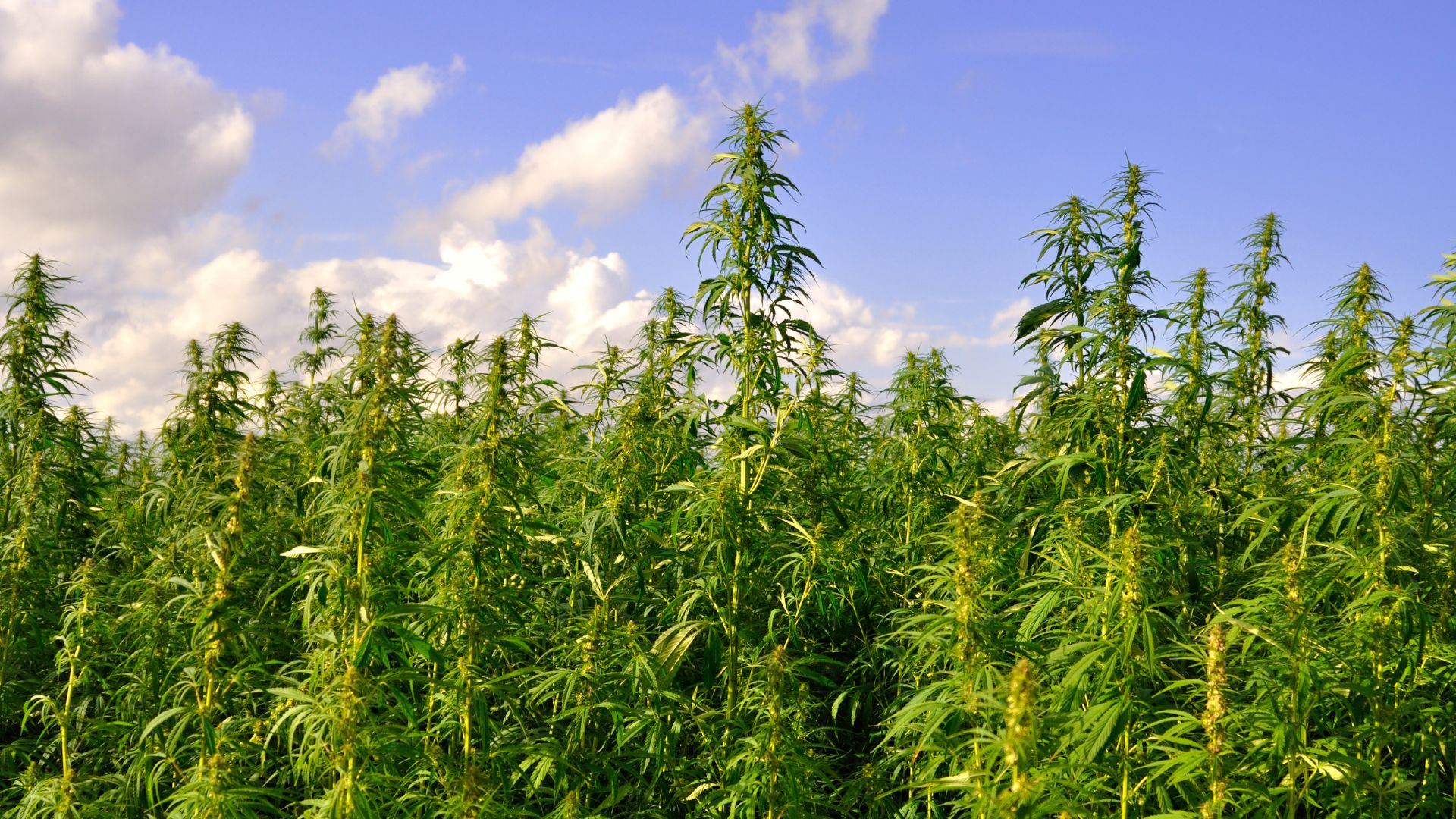
Delta 8/9/10 is made from legal hemp.
Delta 9 vs Delta 8
Delta-8 THC binds to CB1 receptors less strongly than Delta-9 THC, making it less psychoactive than Delta-9 THC.
People seeking medicinal benefits seem to prefer Delta-8 THC over Delta-9 THC because it doesn’t cause them to experience a strong high. For those looking for a recreational high, D9 gummies are a better choice.
Unlike CBD which is primarily known for its therapeutic attributes, Delta-9 THC is celebrated for both its therapeutic and psychoactive effects.
It engages with our body’s endocannabinoid system to deliver a myriad of benefits including mood elevation, pain relief, and appetite stimulation.
Delta 8 vs Delta 9 vs Delta 10: Who wins?
It depends on what you want. The most important difference has to do with the potency of each. Delta 9 is the most potent and is most similar to a traditional marijuana high.
Delta 8 THC is much more potent than Delta 10. As a result, it can often have stronger effects as well as more side effects.
In conclusion, Delta 8 THC has emerged as a legal and milder alternative to Delta 9 THC, offering similar effects without the legal concerns.
The rising popularity of all three cannabinoids is a testament to the ever-evolving landscape of cannabis products. As more research is conducted, we can expect to learning more about its potential benefits and drawbacks.
Starting Dosage
Newcomers to Delta 8/9/10 THC are advised to start with 10mg or less because it allows people to gauge their tolerance and adjust accordingly.
Setting matters
While the gummies are discreet and convenient, it’s best to consume them in a comfortable and familiar environment. This ensures the user can relax and enjoy the experience without any interruptions.
Pair with hydration
Like all cannabis products, it’s best to keep hydrated. Not only does this keep dry mouth at bay, but it also ensures that the body remains well-balanced throughout the experience.
FAQs About Delta 8, Delta 9, and Delta 10
Is Delta 10 weaker than Delta 8?
Yes, Delta 10 is generally considered to be slightly weaker than Delta 8. While Delta 8 tends to produce more calming and relaxing effects, Delta 10 offers an uplifting and energetic experience that’s great for daytime use.
Which Delta is best for anxiety?
Delta 8 is often preferred for anxiety because of its smooth, calming effects. Many users find Delta 8 provides a mild sense of relaxation without overwhelming psychoactive effects. However, everyone’s body chemistry is different, so it’s important to start with a low dose and adjust as needed.
Can I fail a drug test with Delta 8?
Yes, consuming Delta 8 can cause you to fail a drug test. Standard drug tests look for THC metabolites, which are produced after using Delta 8, Delta 9, or Delta 10. If you have an upcoming drug test, it’s best to avoid using any hemp-derived cannabinoids beforehand.
